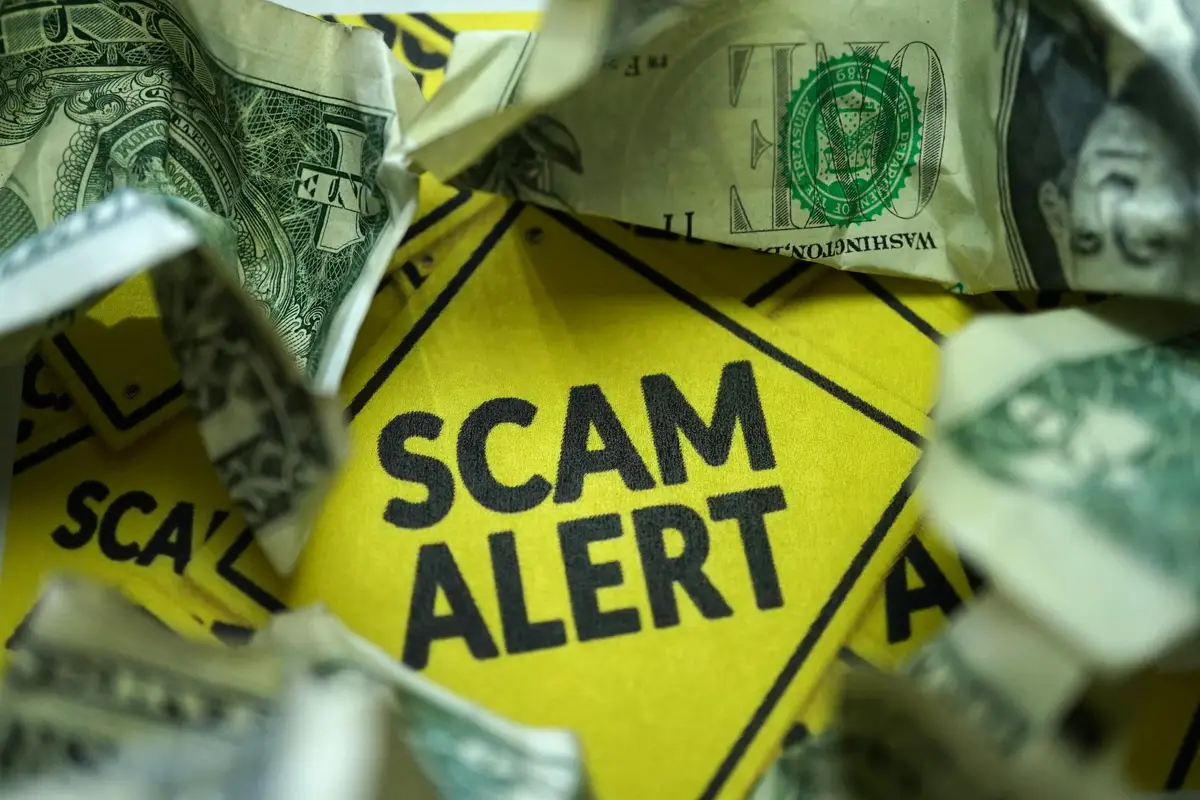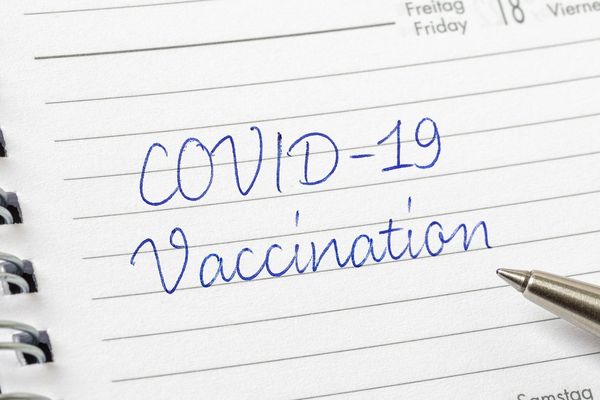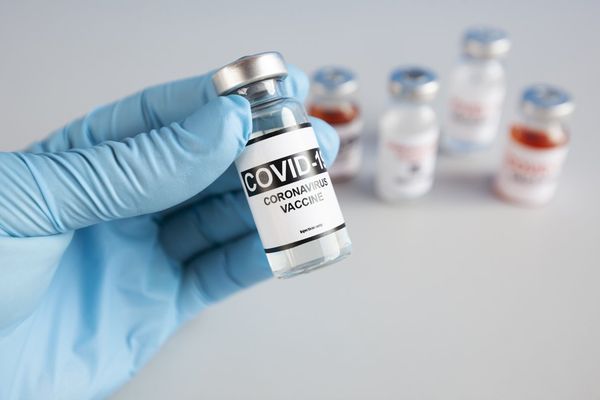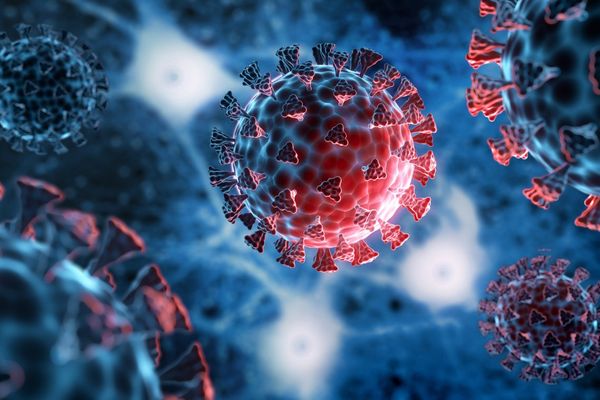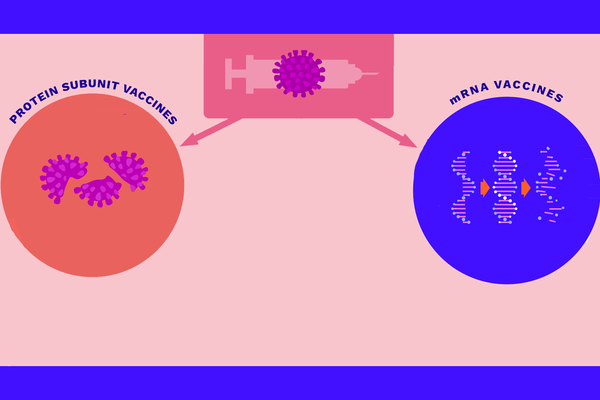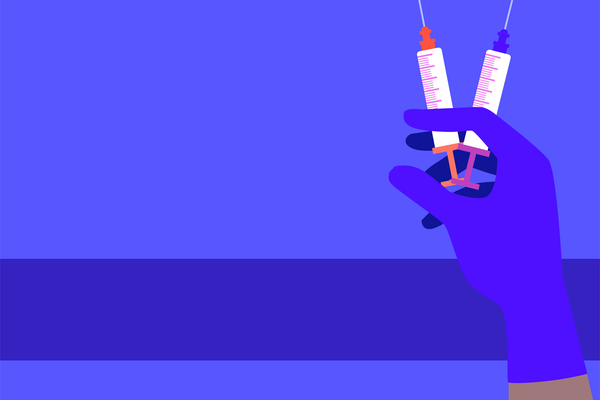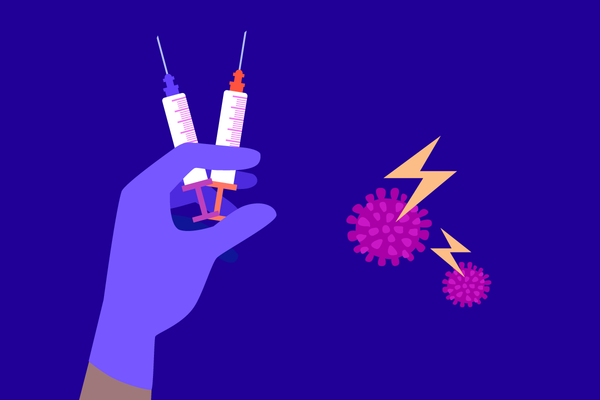After a year of living under the cloud of COVID-19, there's finally hope on the horizon, thanks to a new administration and the emergence of several additional effective vaccines.
However, the vaccine rollout hasn't gone as smoothly as we would have hoped. Still, some of the most vulnerable groups — Black and brown people, people who have low income or those that live in rural communities — have not received their share of the vaccine because of issues including distribution problems but also medical mistrust, which has led to vaccine hesitancy.
But there's another problem that has come into focus. A frightened and isolated population is vulnerable to scams, so now in the midst of a pandemic, when people are scared and willing to try anything to feel protected, there's great concern about unregulated, diverted, stolen or substandard treatments. There can be substandard PPE and masks, fake treatments and counterfeit vaccines as well as concern about data integrity, security and proper refrigeration.
According to her testimony before congress, Sally Greenberg, executive director of The National Consumers League (NCL), which runs Fraud.org, a website dedicated to protecting consumers, states that scammers come out of the woodwork to take advantage of legitimate fears any time big news captures the public's attention. So, with COVID-19 dominating the news globally, there is unprecedented opportunity for criminals to use the public's fear to defraud consumers.
According to the FCC, robocalls are being used to offer all means of coronavirus-related products and services. A cloud-based telecommunications company that tracks robocall volume estimates at least 1 million robocalls are being made per day. One of the most opportunistic scams, these calls offer air duct sanitation services, work from home opportunities and nutritional supplements.
This isn't limited to the United States. In China, police are looking for fake vaccines, and they've broken up a counterfeiting ring that filled vials with saltwater and sold them as vaccines. Members of the public were urged to get vaccinated through regular channels to avoid being deceived.
The Congressional Energy and Commerce committee has demanded answers from Facebook, Twitter and Google in response to tech companies' handling of the COVID-19 epidemic because of reports that COVID-19 vaccination disinformation and misinformation is escalating on their platforms.
The false and misleading information is so widespread that the American Medical Association wrote to the companies in December, urging them to guard against vaccine disinformation, particularly disinformation about the COVID-19 vaccine. The Committees' chairs stated, "As we work tirelessly to stop the spread of COVID-19, please remain vigilant against the proliferation of unintentional misinformation and purposeful disinformation on your platforms."
The Department of Justice (DOJ) reported that the National Center for Disaster Fraud received more than 76,000 reports about coronavirus scams by the fall of 2020, and the DOJ has had its hands full, filing at least 33 criminal cases along with 13 civil actions seeking to halt the sale of fake vaccines treatments or testing by scam artists.
A Georgia woman was selling an unregistered pesticide as a preventive treatment against the virus on eBay before she was caught and charged in December 2020.
This summer, in Florida, Mark Grenon, the co-founder of Genesis II Church of Health and Healing, and his three sons were ordered by the DOJ to stop selling Miracle Mineral Solution, which contained bleach, as a cure for a variety of ailments, including COVID-19. After the Grenons refused to comply with a court order prohibiting sales, they were eventually arrested.
Infamous televangelist Jim Bakker was making claims on TV that a "Silver Solution" could cure the virus until the New York State attorney general ordered him to stop in March 2020. Also in March, the DOJ brought action against the sale of fake vaccine kits. To quote Jeffrey Rosen, the former Acting U.S. Attorney General, "A pandemic is a time when people should come together to pursue the common good, but sadly there are some who instead use it as an opportunity to deceive and thieve."
A year into the pandemic, our lives have been upended for a long time, and people are starting to develop COVID-19 caution fatigue.
This situation has all the ingredients to make people, especially the most vulnerable people, the perfect marks — ripe for scammers who prey on vulnerable, frightened and depressed people who are desperate for help.
We have to be vigilant and pursue those taking advantage of the situation. To do this, we need global implementation with integrity, national guidance and government support.
After all, masks won't protect us from con artists.
To report a COVID-19-related scam or attempted fraud, file a complaint with the U.S. Department of Justice's National Center for Disaster Fraud.- COVID-19: The Cybersecurity Threats You Should Know About ... ›
- How many people need to get a COVID-19 vaccine in order to stop ... ›

